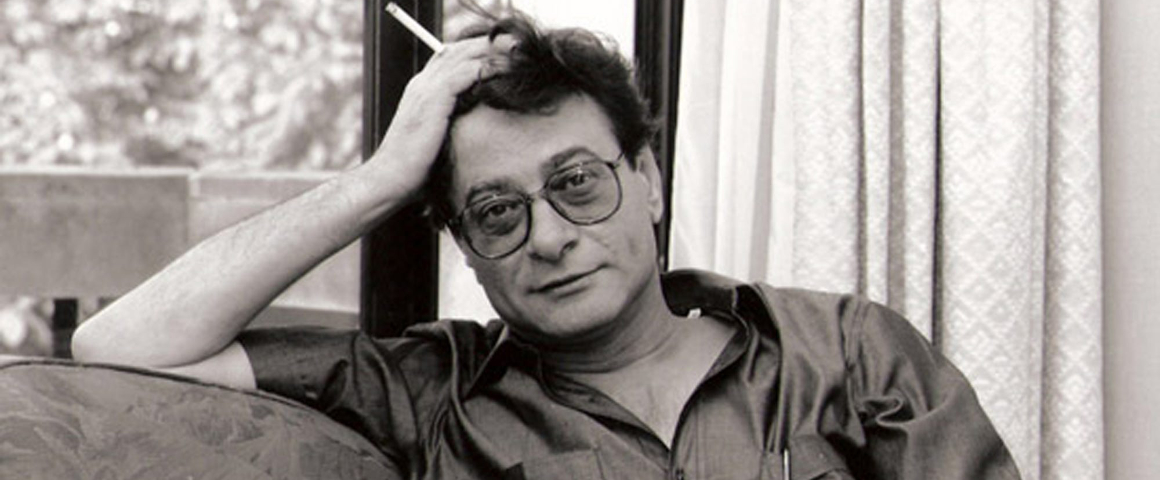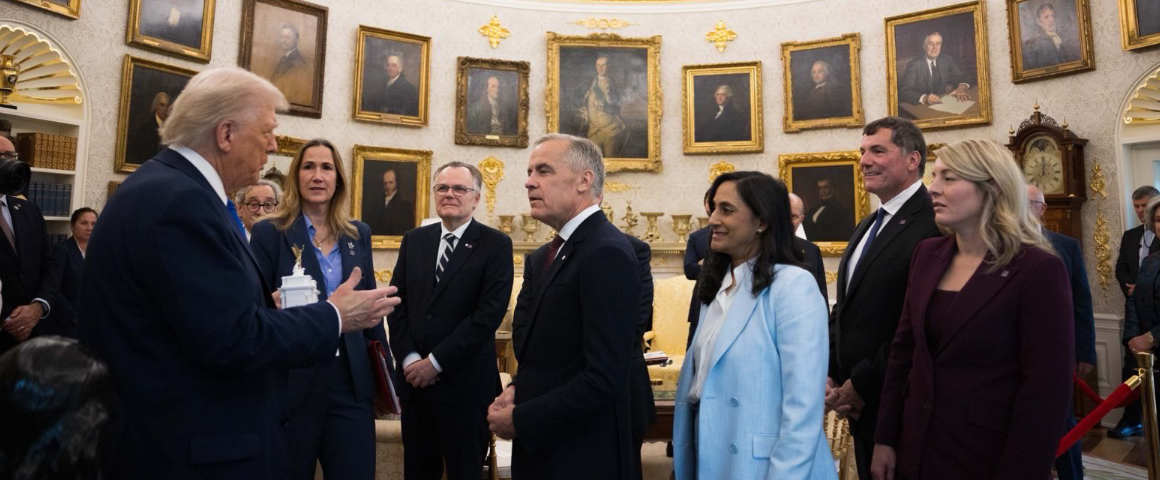By Normand Raymond
The establishment of the State of Israel in 1948 was followed by the first Arab-Israeli war. Under a hail of bombs, 6-year-old Mahmoud Darwish fled with his family to southern Lebanon, where they found themselves among hundreds of thousands of other Palestinian refugees.
A year later, when the Darwish family returned clandestinely to their homeland, they found their village razed to the ground and replaced by a kibbutz. Henceforth considered “present absentees,” they would be relegated for several years to the status of stateless refugees without papers, becoming illegal on their own ancestral lands.
Born on March 13, 1941 in al-Birwa in Upper Galilee in the north of Palestine, then under British colonial mandate, Mahmoud Darwish is more than a national poet; he is recognized as one of the greatest contemporary Arab poets. He wrote over twenty poetry collections and seven works of prose. In addition to Arabic, he also spoke Hebrew, English and French. His books, which won him numerous prizes and awards, were published in over twenty languages. He died on August 9, 2008 in Houston, Texas following his third open-heart operation.
Political activity and exile abroad
In 1960, at the age of 19, Darwish moved to the port city of Haifa where he published his first book of poems, Birds Without Wings. Shortly afterwards, he secretly joined the Communist Party of Israel (Rakah), in which Arabs and Jews campaigned together. He wrote articles for the Party’s official newspaper al-Ittihad (The Union) and the cultural, social and political magazine al-Jadid (The New), of which he later became editor-in-chief. A historian of the Palestinian cause, critic of Israeli policy, polemicist, humanist thinker, literary critic and poet, he rubbed shoulders with other great Palestinian writers and poets such as Emile Touma, Tawfiq Ziad, Emile Habibi, Salim Gibran and Samih al-Qasim.
Accused of hostile political activities against the State of Israel, he was hounded for his writings and imprisoned five times by Israeli forces between 1961 and 1969, and placed under house arrest from 1967 to 1970. In 1971, through a Communist Party scholarship from the Institute of Social Sciences at Moscow’s Lomonossov State University, Darwish travelled to the Soviet Union to study political economy for a year. This was to be the start of an exile that would last more than thirty years, changing countries as the Middle East crises unfolded. After Moscow, he lived in Cairo, Beirut, Damascus, Tunis and Paris, before finally returning to Palestine in 1995, to settle permanently in Ramallah.
Also known for his commitment to the Palestine Liberation Organization (PLO), he was immediately banned from entering Israel when he joined in 1973. Initially working as an editor at the Palestinian Research Center, he was elected to the PLO Executive Committee in 1987, under the presidency of Yasser Arafat, for whom he wrote several speeches including the famous text of the Declaration of Independence of the State of Palestine. From a simple draft, Darwish turned it into a poetic and lyrical work with an epic tone, which Arafat delivered on November 15, 1988 in Algiers on the occasion of the 19th extraordinary session of the Palestinian National Council.
The UN General Assembly recognized the Palestinian people’s right to sovereignty over their territory in Resolution 43/177. However, Darwish left the PLO in 1993 in protest against the Oslo Accords, which concluded with a mere peace process while ignoring the fate of the vast majority of the Palestinian population living in exile.
Poet of the resistance in spite of himself
Initially impressed by Palestinian poet Abu Salma and Iraqi communist poets Abd al-Wahhab al-Bayati and Badr Shakir al-Sayyab, Darwish was also influenced by Western poets such as Arthur Rimbaud, Federico García Lorca and Allen Ginsberg. Praised in the Arab world and inspired by a modernist vision, his poetry – which speaks of love and death, but also of homeland, prison, exile and war – resonates with an echo of universality well beyond the borders of Palestine. Several of his poems were set to music by Lebanese composer Marcel Khalifé who in 1984 composed Ahmad al-Arabi, a poetic opera based on texts by Darwish.
Although he refused to consider himself a poet of resistance, the exile that runs through all his work and the politics that emerge inevitably reveal an authentic commitment to resistance. Darwish was inspired by images, metaphors and rhythms drawn from the daily lives of people seeking justice, from the struggles of his people. Never forgetting his status as a Palestinian refugee, he always believed that his poetry was his weapon against occupation, a form of self-defence in favour of Palestinian culture and memory, and his people’s right to sovereignty.
Support socialist media!
If you found this article useful, please consider donating to People’s Voice or purchasing a subscription so that you get every issue of Canada’s leading socialist publication delivered to your door or inbox!
For over 100 years, we have been 100% reader-supported, with no corporate or government funding.




